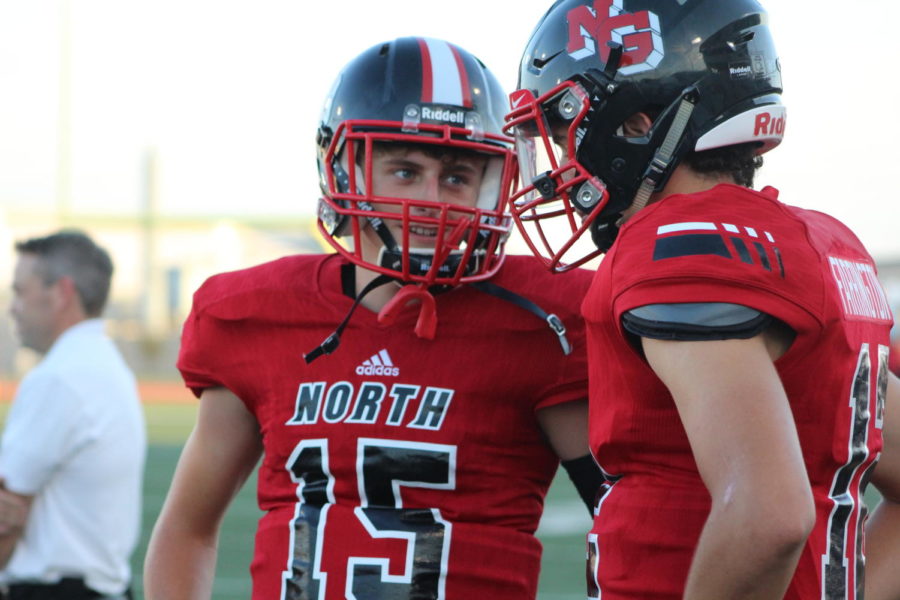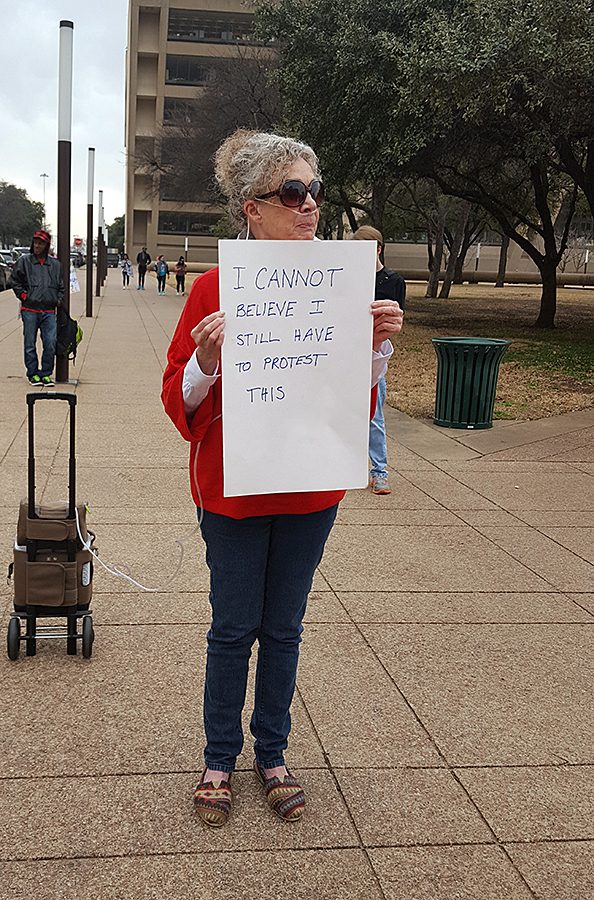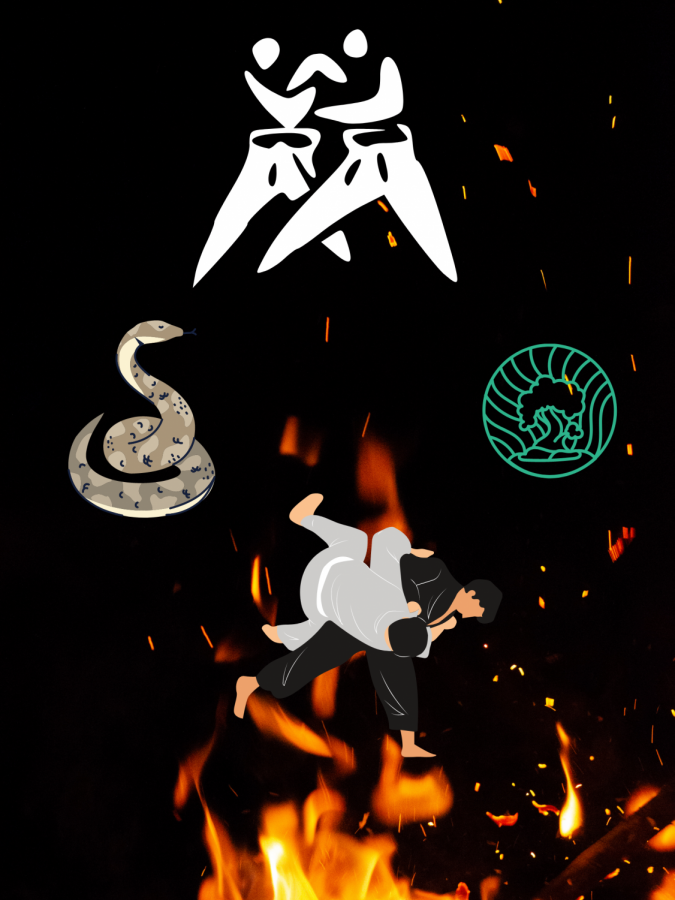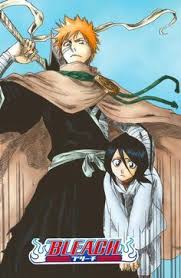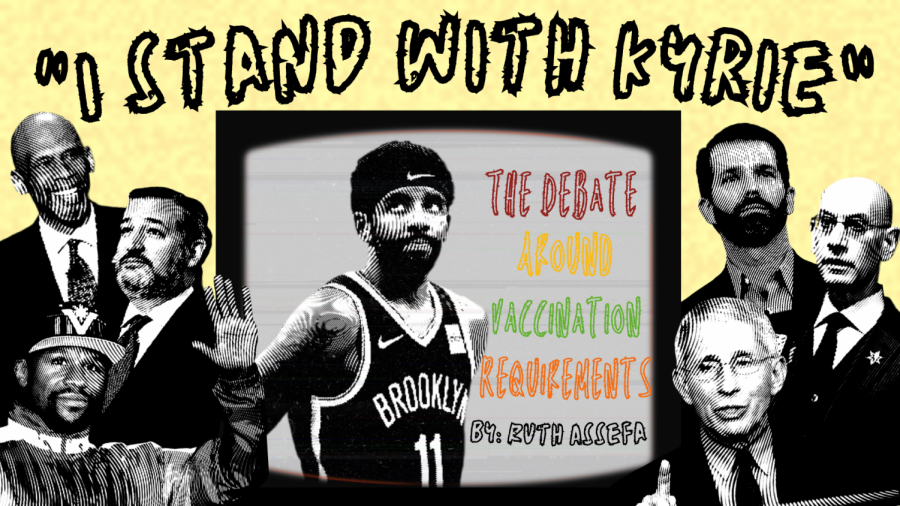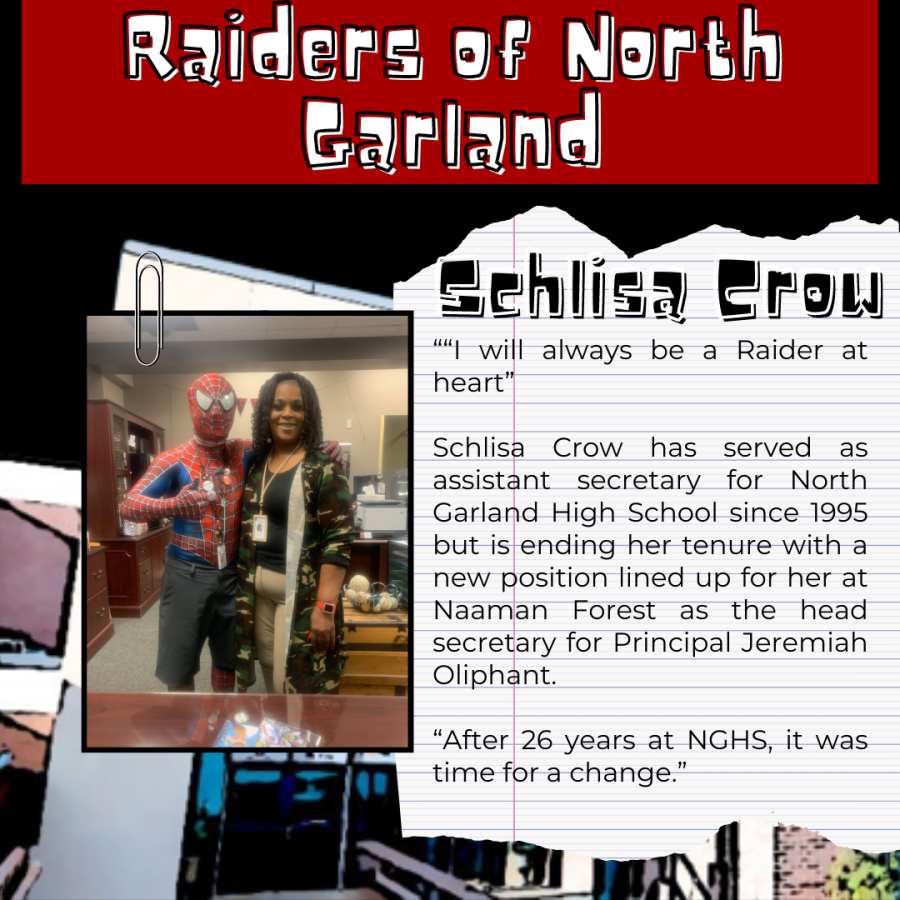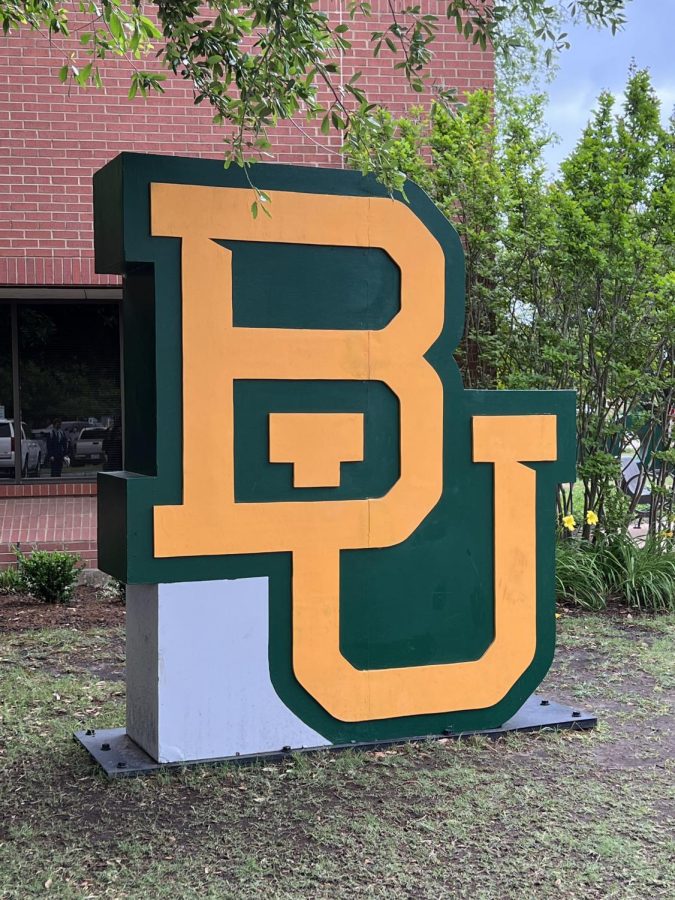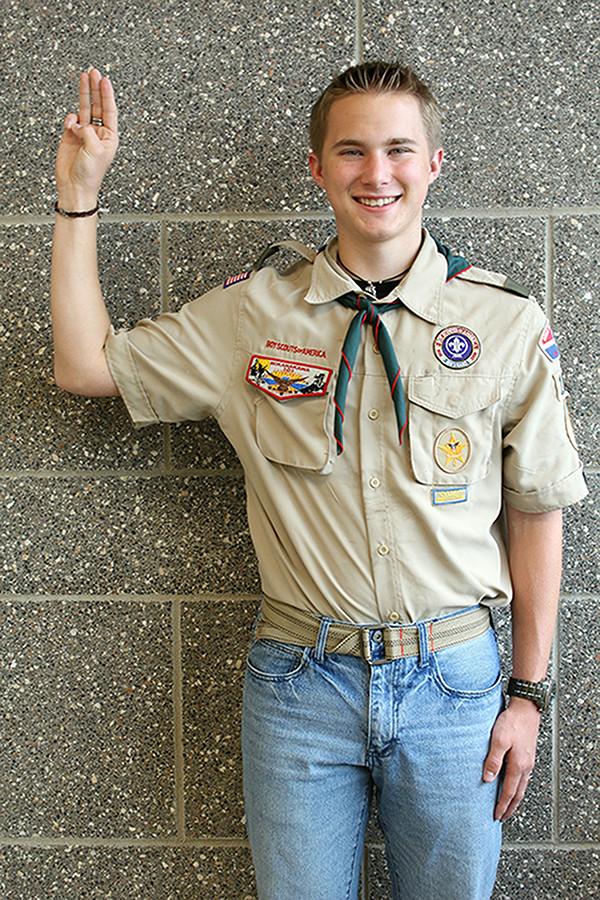Junior earns leadership skills through Boy Scouts
Junior Josh Bowron has been active in Boy Scouts since kindergarten. He joined because he imagined it be fun and his father insisted upon it. Currently, Bowron is the head of his troop, giving him control as senior patrol leader.
“I make sure everything runs smoothly and we get everything planned for a campout or whatever,” Bowron said. “I delegate things that go on.”
Bowron said participating has helped him mature and helped him find interesting activities. In addition, he said his leadership skills that developed as a result have helped him become motivated.
“I learn a lot from teaching the younger scouts and working with the adults on what we’re doing,” Bowron said. “I learn how to be a better leader and how to deal with situations [like] emergencies [during campouts].”
Bowron said the purpose of engaging in Boy Scouts is learning how to work with a team, since the organization takes in young members who undergo training by more experienced Scouts.
“We get those young Scouts from elementary school that show up and are now in middle school,” Bowron said. “They learn how the world works and how to be safe and how to work with others.”
Participating in Boy Scouts has benefited Bowron socially as well, giving him an opportunity to meet new people with the same interests.
“Scouts has given me a lot of friends,” Bowron said. “It’s best if you make friends with as many people as you can, so you can get things done and be able to tolerate each other on a long campout.”
The skills Bowron learned have helped him with real-life situations as well as within Boy Scout activities.
“I’ve helped many of my friends fix some things they’ve broken or help get a project done,” Bowron said. “Scouts has helped me be out there and go talk to people and not be a jerk to people.”
Bowron said that the stereotypical Boy Scout is the old version of them, depicted as a group of young males with short-shorts and a fancy hat, running around in a big forest.
“Sometimes it can be kinda embarrassing because people think, ‘Oh, he’s a Boy Scout,’” Bowron said. “Boy scouts kinda have a low position in the totem pole.”
Boy Scouts can only be in the troop until they turn 18, reaching adulthood. However, afterwards they can support their troop by working as an adult helper. In addition, there are different rankings, with an Eagle Scout being the highest one. Eagle Scouts surpass every other level and have to meet a series of requirements, including earning merit badges and completing a project.
“Personally, I do not regret being in Scouts, but I do feel that I am slowly leaning towards leaving scouts,” Bowron said. “I’m so close to aging out that even if I try [really] hard, I might not make it to Eagle. I don’t have as much motivation as I used to.”
Bowron does not plan on continuing with troop activities after he turns 18. Instead, he is working on paperwork that is due after departing from the troop.
“I feel like I’ve learned a lot from it,” Bowron said. “Everything from now in is all paperwork and basically just proving to people that I have knowledge, when I know myself that I do.”








